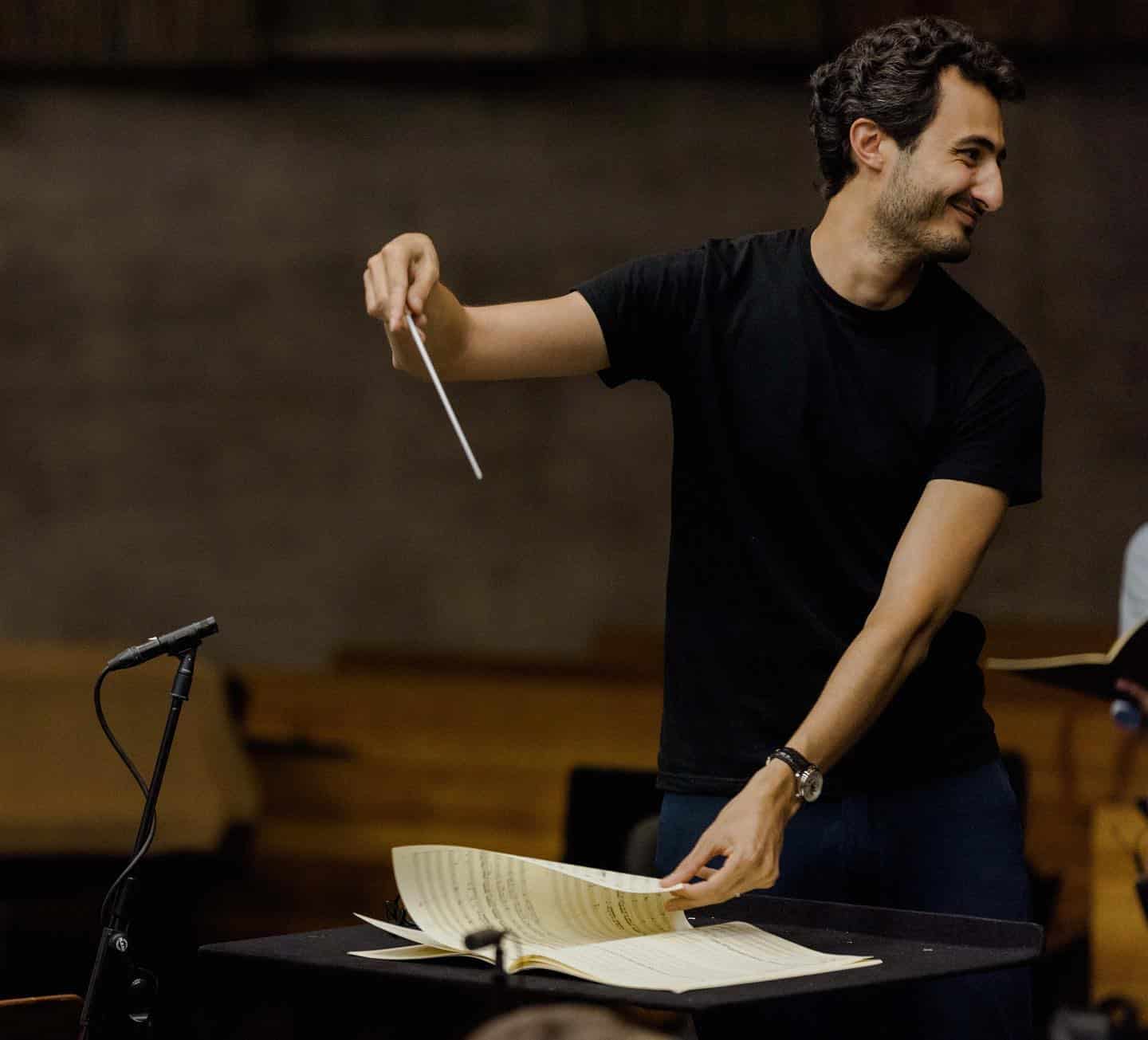German diva lashes out at Sony Classical label
mainThe German coloratura soprano Simone Kermes has abandoned record labels and shifted her output to Bandcamp. She tells Munich’s Abendzeitung:
I had an exclusive contract for ten years. The record company pays the recording and you get a small fee. You have to recoup the album costs through sales, only then do you earn a small share. So if an album doesn’t sell extremely well, you see: Nothing!
With the record company I did everything myself: ideas, song selection, cover. I also wrote the booklet, I was exhausted, it was never paid for. For the last CD “Inferno Paradiso” I also did the advertising myself, I got a promotion agency that was paid every month. I considered doing “Eternity” again through the record company, but the offer was too bad. I wouldn’t even have got my money back. So I said: I’ll try it myself. And that’s how you keep the rights to the recordings.
Read on here.







She should have named her last CD “L’inferno nel circo”. For that is exactly what you get.
Ms Kermes was lucky that her record company paid the recording costs – and a personal recording fee of any size – for so long. Most artists have for at least 10 years been used to fundraising their own recording costs, and waiving any personal remuneration to keep the fundraising target down. It’s also hard to sob at the notions that she had to have her own ideas or select her own songs… and as for the booklet (note), most singers can write a three-screen Facebook note in 30 minutes flat. What *is* worth reading here is the statement that the record company are no longer even offering PR. This is true: many artists are indeed now paying PR agents out of their own pockets to do this job, and it reflects very poorly on the labels who effectively option artistic output and its revenue streams without putting anything into it – “silent partners” indeed. Ms Kermes is right to leave this kind of relationship.
“Never complain, never explain.” — Henry Ford II, after some experience in the matter
Renee Fleming has told how she waited ten years after she began making records before she had any income from them. Caruso was smarter, demanding 100 British pounds, which Fred Gaisberg paid him from his own pocket, before making the records his company had forbidden, which then made them millions.
I cannot comment on this artist’s experience with Sony Classical but when I was a reviewer and interviewer (starting in the 1980s and continuing for 15 years or so) Sony Classical was probably the best label in terms of constant PR for their artists. If you were on their mailing list there was lots of information about new releases and artists. Thick envelopes filled with clippings of recent concert reviews, glossy photos, now and then a CD not for review purposes (the publisher decided that) but just information. They were particularly attentive if you were interviewing one of their artists, as I did with Midori, Cho-Liang Lin, and others; the Sony Classical staff would work hard to make sure there was common agreement on where and when and how long the interview could last, that kind of stuff. Many labels were helpful but Sony was the most; they seemed to have a large staff of people whose job it was to promote artists and their recordings. And I suspect it is all changed.